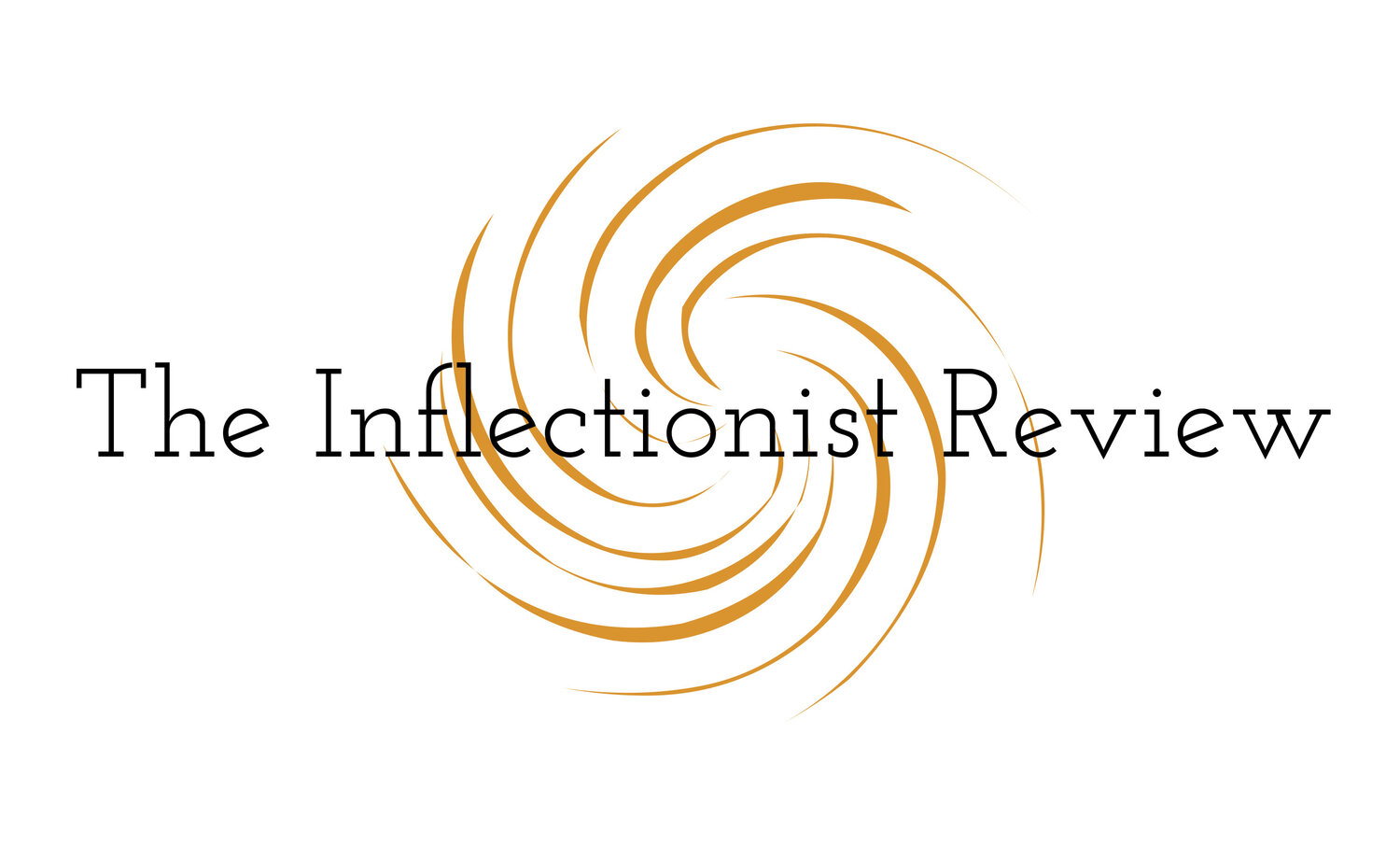Kelly Gray reviews
New Stars and Constellations
by David Cazden
New Stars and Constellations
by David Cazden
Bainbridge Island Press
2024
Paperback, 102 pages
$14.99
David Cazden’s most recent collection of poetry, New Stars and Constellations (Bainbridge Island Press, 2024) is the work of a poet intent on measuring memory, shore to horizon, reed to water lily, sunlit rock to wisp of brown hair. The world conjured is Kentucky, lush and green with flowers, the weather so alive it is smartly dressed; houses wear sweaters of rain and wind is made of lavender scarves. The narrator’s brother (lost to an overdose) and mother (lost both to dementia and death) haunt these pages, but even more than the ghosts of beloveds, the idea of memory as tangible distance contracts in and out of focus, much like the animals who move through these works. One of Cazden’s strengths is to slow down time without losing the urgency of the next line. The poems “Cat’s Cradle” finds the narrator drifting off to sleep while reaching into the fur coat of a pet cat (who we have learned bleeds from the eyes) only to find the brother,
“Then the clarity of burial day
in an old growth cemetery,
leaves and seedpods at our feet.
And I feel the bed turn in orbit
with the clockwork planets
and flywheel moon, keeping time
as they did at our old house.”
Writing memory through poetry is the act of coiling the past back into our palms so that we can hold it close enough to inspect it while our readers look over our shoulders. Cazden is interested in the coil itself, the distance between memories, and where they overlay. If each poem is a star, Cazden has painted a new sky so that he may work as an astronomer, drawing lines from one poem to the next to create a story that we can look up at, in awe.
“the secret of these distances
where the dead linger
and animals wander hungry—
teeth, hooves and fur
permanently stained
by a mystery in green.”
The result is that New Stars and Constellations is built of our collective synapses, scents and temporal planes. But as soon as Cazden has the memory in hand, he reveals the grief and possible consolation inherent of examination. In “Fairytale Cemetery,” not only does the brother move in and out of view by way of dying too soon, but we feel the ache of the narrator attempting to make sense of the mother’s dementia marked world. We realize the brother has moved out of her sight not once, but twice.
“But where the needlepoint
of our yard meets asphalt,
my brother scampered
into the wildwoods
where bears often return
who die young.
Perhaps the drapes, dense
with intertwined flowers,
dimmed Mom’s view
as her memory left—
as if the bees flew
missions of kindness.’
There are many ways to gauge a good book of poetry, but one of the cleanest ways is by simply noticing when you do not want it to end. Spoiler alert, like a good poem, Cazden coils us in only to release us, even as the lyrical potency increases. Snakes, prayers, fever, in every summer another autumn, the cyclical childhood of the 70s and 80s in the South begins to fade across floral carpets. Friends become elegies and storms take shape. And because time has always been a construct, we find the mother’s death imminent, a deep intensity and intimacy unfurling. I prowl the yard/ under clotheslines/where you hung our shirts/like second selves.
For those who read this collection and feel the tug of a great work in their hands, take note of what we hope is Cazden’s prophecy in the poem “Stream,”
“I feel I’m not done
even as a storm
wraps over the roof
and the rock maples sway,
filled up with spirit,
drinking their own sugar,
flashing into flame.”
Kelly Gray is the author of Instructions for an Animal Body (Moon Tide Press, 2021), The Mating Calls//of the// Specter (Tusculum Review Chapbook Prize, 2023), and Our Sodden Bond (MAYDAY Poetry Prize, 2025) and is the recipient of the Neutrino Prize and the ArtSurround Cohort Grant. Gray’s work can be found in Witness, Cream City Review, ANMLY, Rust & Moth, Cherry Tree, Southern Humanities Review, and elsewhere. Her next full length poetry collection, Dilapitatia, chronicles foxes, body, and dilapidated spaces is forthcoming this summer. Gray lives with her family in a cabin the redwoods, nine miles and seven fence posts from the ocean.
David Cazden has lived in Kentucky for over 50 years and is currently a resident of Boyle County. He was the poetry editor for Miller's Pond magazine for five years and a finalist for the Pablo Neruda Award (Nimrod International magazine). He's been nominated for a Puschcart Prize and received an Al Smith Fellowship for poetry from the Kentucky Arts Council.

